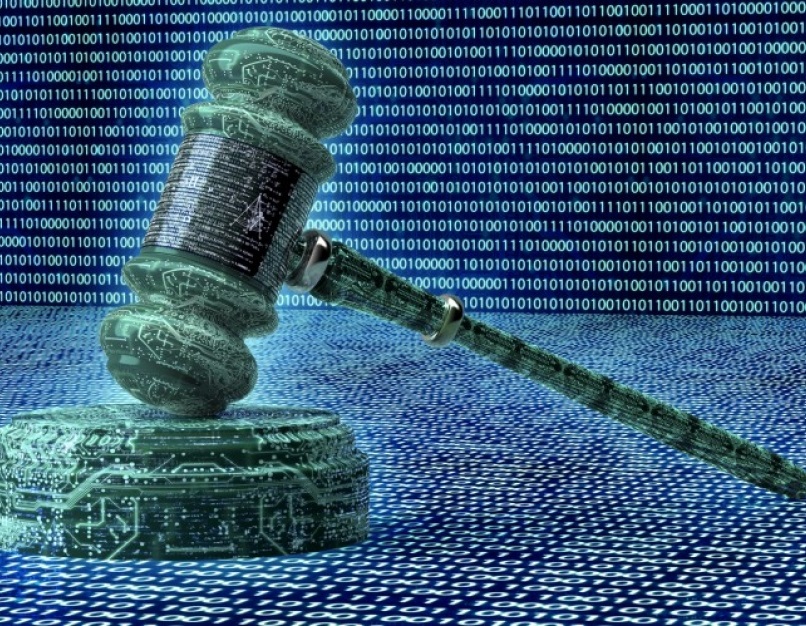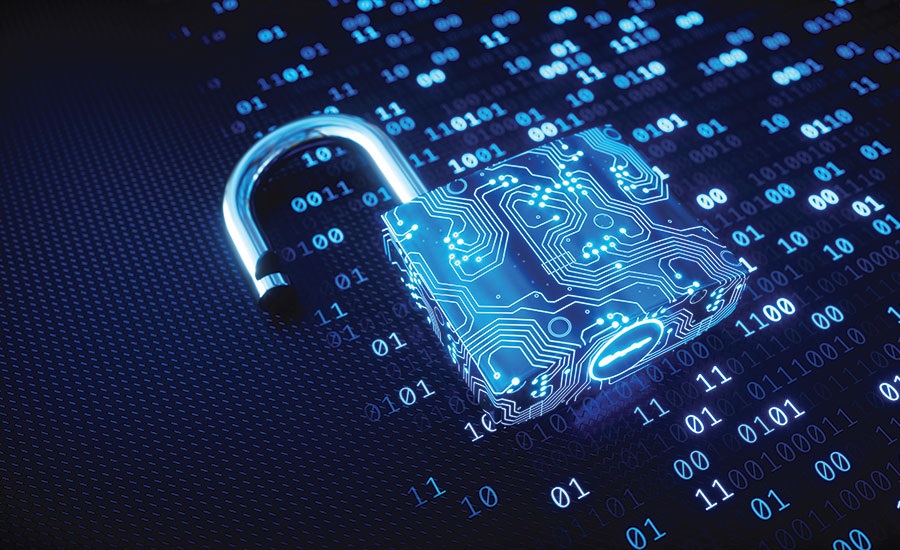In the digital age, the growth of social media and internet has not only enhanced communication and exchange of information but has also given rise to one of the most persistent and widespread forms of bullying – Cyberbullying. Cyberbullying involves the use of electronic communication to harass, intimidate, or abuse an individual or group of individuals online. It can take several forms such as sending hurtful messages or images, spreading rumors, impersonation, and public shaming. Cyberbullying can leave lasting emotional and psychological scars on the victim and can often lead to tragic consequences like self-harm, substance abuse, and even suicide.
While cyberbullying may seem like a harmless prank or expression of freedom of speech for some, it is essential to understand the legal and ethical implications of this issue. Cyberbullying is not just an ethical problem but also a legal one. In many countries, there are laws that prohibit cyberbullying, and offenders can face serious legal consequences.
In the United States, cyberbullying is an offense punishable by law, and each state has its own set of laws and penalties for cyberbullying. For instance, in California, cyberbullying is a misdemeanor offense that can result in a fine of up to $1,000 or six months in jail. In some severe cases, cyberbullying may also lead to criminal charges such as stalking, harassment, and even homicide.

Apart from the legal implications, cyberbullying also raises ethical concerns. Cyberbullying is a violation of human rights and dignity. It goes against the principles of respect, empathy, and compassion, which are fundamental to our moral and ethical values. In the case of cyberbullying, the victim’s privacy is violated, and their reputation is tarnished. It is a form of moral injustice, and it is our collective responsibility to address it.
The legal and ethical implications of cyberbullying can be viewed from different angles. From a legal perspective, cyberbullying is an offense that should be penalized. However, as social beings, we have an ethical responsibility to care for each other, promote positive relationships, and create a compassionate society. Therefore, it is essential to educate people on the ethical implications of cyberbullying and foster a culture of respect and empathy.
Cyberbullying is a serious issue that demands our attention. It is not just a matter of legal or ethical implications, but it is a moral concern that affects society as a whole. The only way to tackle cyberbullying is through a collective effort, which involves creating awareness, advocating for victims’ rights, and promoting positive relationships. By working together, we can create a safe and inclusive environment where everyone can thrive without fear of discrimination or harassment.





